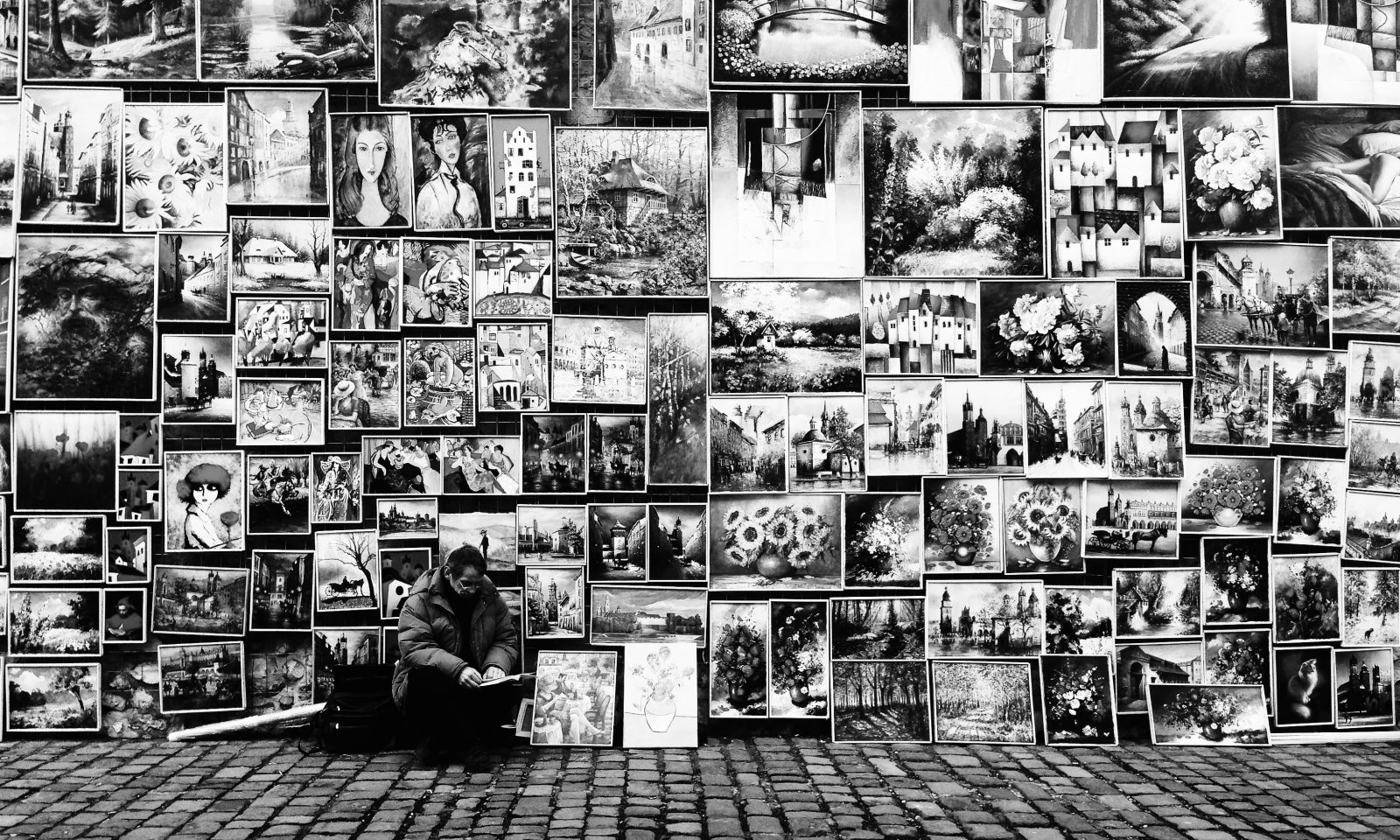Works in public domain should remain in the public domain
Communia has published Guidelines for the implementation of the DSM Directive. Teresa Nobre, Paul Keller in Dimitar Dimitrov have prepared a Guide on Article 14, which regulates works of visual art in the public domain.
Pursuant to Article 14, Member States shall ensure that reproductions of public domain works of visual art cannot be protected by exclusive copyright, and as a result be removed out of the public domain. With Artice 14, DSM Directive seeks to achieve that anyone can freely use reproductions of public domain works of visual art without having to obtain explicit permission. The conditions for such free use are that the original work of visual art is already in the public domain and that the reproduction of the work is not itself an original work, protected by copyright.
It is recommended that Article 14 is implemented in the Member States where faithful reproductions are protected or where their legal status is inconclusive. On the contrary, the implementation of Article 14 is not necessary and is inadvisable in Member States, where faithful reproductions of copyrighted materials are not protected and are free to use.
For a detailed analysis, read the Guide on Article 14 of the DSM Directive.
The Grand Board of the European Union Intellectual Property Office (EUIPO) finally ruled that the figurative sign ‘COVIDIOT’ cannot be registered as an EU trademark.
The 4th Open Knowledge Day took place on Tuesday 17 October 2023, with an accompanying workshop on 18 October 2023. This year it was organised by the Open Data and Intellectual Property Institute (ODIPI) and supported by Knowledge Rights 21 (KR21).
We invite you to the fourth Open Knowledge Day and the workshop, which will take place this year within the framework of the programme and with the support of Knowledge Rights 21. The event will bring together experts from different European countries to discuss two topics: the first part will deal with the legal basis for data analytics, which is a key part of machine learning and related artificial intelligence, and the general exception for research. In the second part, open science in theory and practice will be presented both in Slovenia and in some Western Balkan countries. Representatives of research and educational institutions from Slovenia and the Western Balkan countries, as well as interested members of the public, are invited to attend.
Dr. Maja Bogataj Jančič, a renowned expert in copyright law, has joined the Berkman Klein Center for Internet & Society at Harvard University, where she will serve as an affiliate researcher for the next two years.





